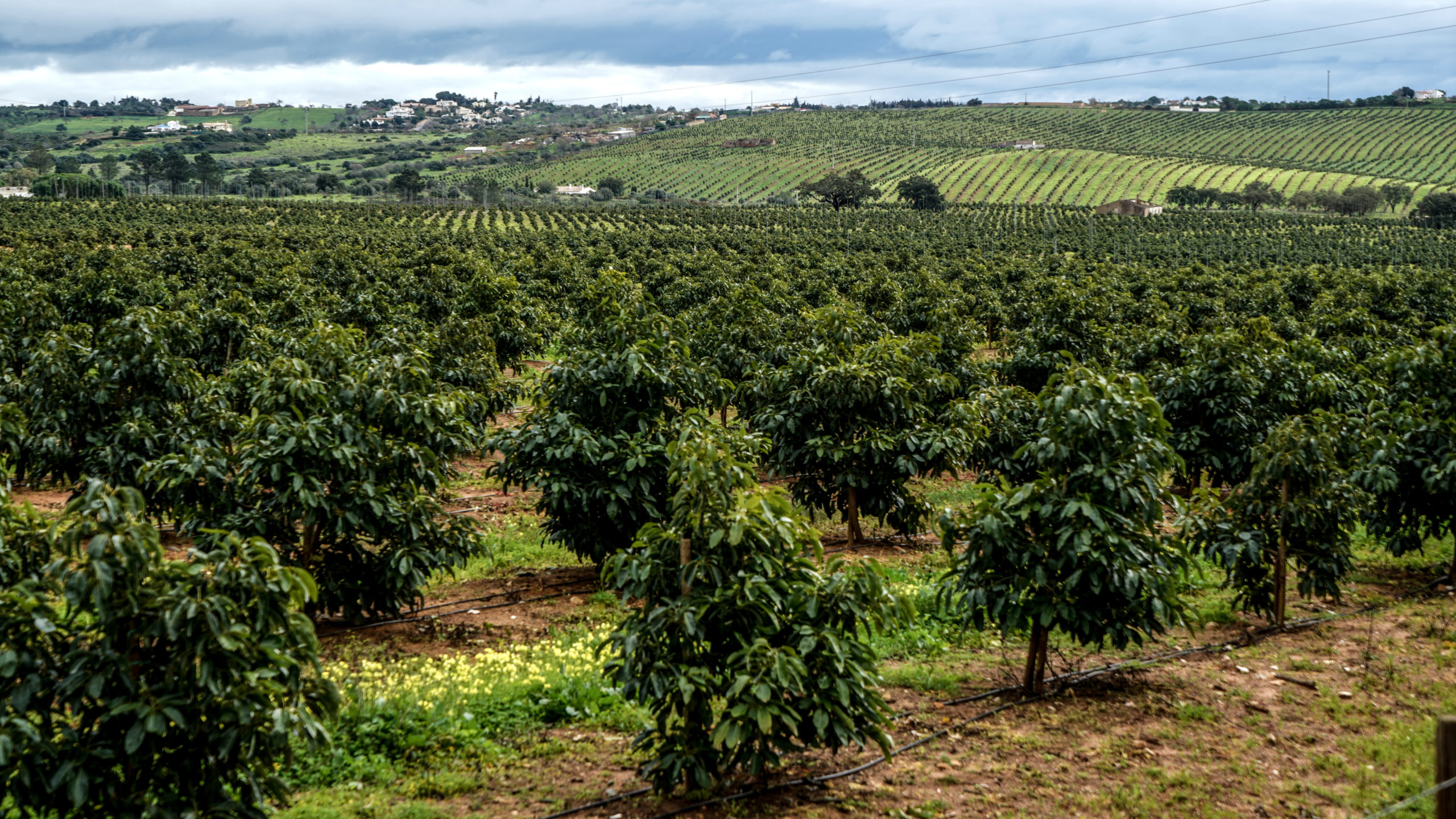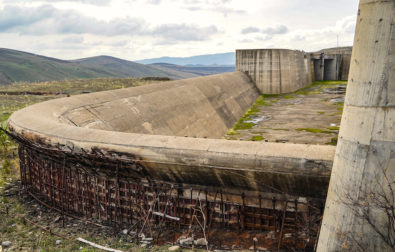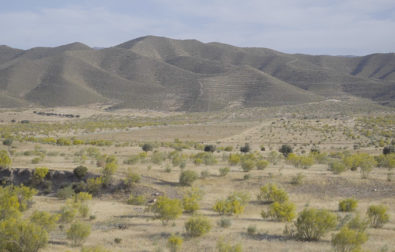Susana*'s house used to be surrounded by cork trees, carobs and abandoned vine yards until 2017. In a matter of a few months, the landscape around her has turned into rows of little trees sprouting from harsh resud soil. Today, after four years, the avocado plants are three to four meter high and almost ready for their first harvest of the trendy fruit, that is as healthy as photogenic on Instagram's newsfeed.
👉All the articles from this investigation
The rural area around Lagos, in the Portuguese Southeast region of Algarve, was historically cultivated with citrous fruits like oranges and lemons, almonds and vines, plants that grow well in the very dry environment that characterised the region. In the last few years though, the increasing demand for avocados brought many companies to invest in the tropical fruit, moving away from traditional products. Few kilometres away from Susana's house, a local company, Frutineves planted about 120 hectares of avocados in 2019, and this time Susana and other residents decided to take action.
The company started preparing the soil for the new avocado plantations, and many residents living nearby witnessed an unconsidered disfigurement of the native landscape and vegetation. Susana and other residents also realised that the water level in their private wells was much lower during the dry summer seasons compared to previous years.
The correlation between lower wells level and avocados wasn't clear, as the area is one of Europe's forefront of drying land. Here, seasonal droughts are, in fact, becoming longer every year, and wells are often the main source of water for agriculture, private gardening, and, in some cases, for running water. As the company did not do any environmental study before the work started, which is mandatory by law, Susana and other eight residents decided to found an association, Regenerarte, and sued the company. The work was officially halted by the local authority but the company continued expanding the plantation nevertheless.
The environmental impact study was made public in November 2020, and Regenerarte promoted a public petition advocating for more transparency and control regarding the use of groundwater. The study gave green light to the new plantation, referring to a single specific research, written by DRAP (the Regional Directorate for Agriculture and Fishery), that positively evaluated the feasibility of avocados in Algarve. The study concluded: “However, in a situation of drought or water scarcity in the region (events that are more and more frequent), water availability may represent a problem”.

“Lower availability of water is not currently an hypothesis, it is certain ', stated the Platform for Sustainable Water (PAS) in Algarve, of which Regenerarte is part of.
The study also states that, in case of drought, water deficit will occur, making water availability unsustainable in the middle and longer term. According to official data, as of April 2021, the main water source of Lagos area, the Bravura dam, was at 34% of its capacity, while the average level for the same month in the last 30 years had been 80%. In February 2021, MPs of the Portuguese Socialist party (PS), asked the government to halt further avocado plantations in Algarve, “as there is not control of the cumulative effects of water exploitation of the aquifers.”














